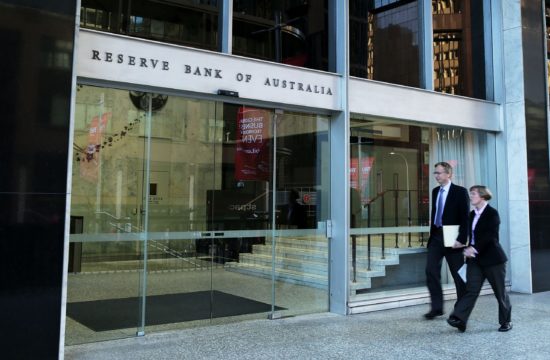- Central banks played a crucial role together with fiscal and prudential authorities in a concerted response to the Covid-19 crisis.
- The lender of last resort role of central banks has evolved as they sought to mitigate the blow to the economy.
- As the crisis transitions from a liquidity phase to a solvency one, governments must take the lead to promote a strong and sustainable recovery.
Central banks played a key role in the unprecedented response to the Covid-19 crisis during the acute phase of the pandemic, working with fiscal authorities to cushion the economic and financial blow and support companies and workers, the Bank for International Settlements (BIS) said in its Annual Economic Report 2020.
In its flagship economic publication, the BIS analyses central banks’ response to the global economic sudden stop, induced in order to prevent a public health disaster. It details how central banks introduced new policy tools, tailored to the specific nature of the stress, to stabilise the financial system and the economy. The Report details how central banks’ role as lenders of last resort has seen another important evolution with a marked shift towards providing funds to the non-bank private sector and, in emerging market economies, towards interventions in domestic currency asset markets.

Another important feature of central banks’ response was their use of prudential tools, as regulators and supervisors, to preserve the flow of bank credit to firms and households, by temporarily easing other capital and liquidity requirements and encouraging banks to make free use of capital buffers.

According to the Report, in the next phase of the crisis the focus will move from liquidity – making sure firms have enough cash to operate – to solvency, where the long-term viability of many companies will be tested. The strength of the recovery will depend on how the pandemic evolves and how much economic damage it leaves in its wake. Debt restructuring will be required as resources shift from shrinking to growing sectors.
“Central banks are fully aware of the challenges ahead as the outlook for the world economy is still highly uncertain. Some of these challenges extend beyond their mandate. Monetary policy alone cannot be the engine of growth. A premium needs to be put on keeping fiscal policy on a sustainable path through timely consolidation. ” Agustín Carstens, General Manager.














